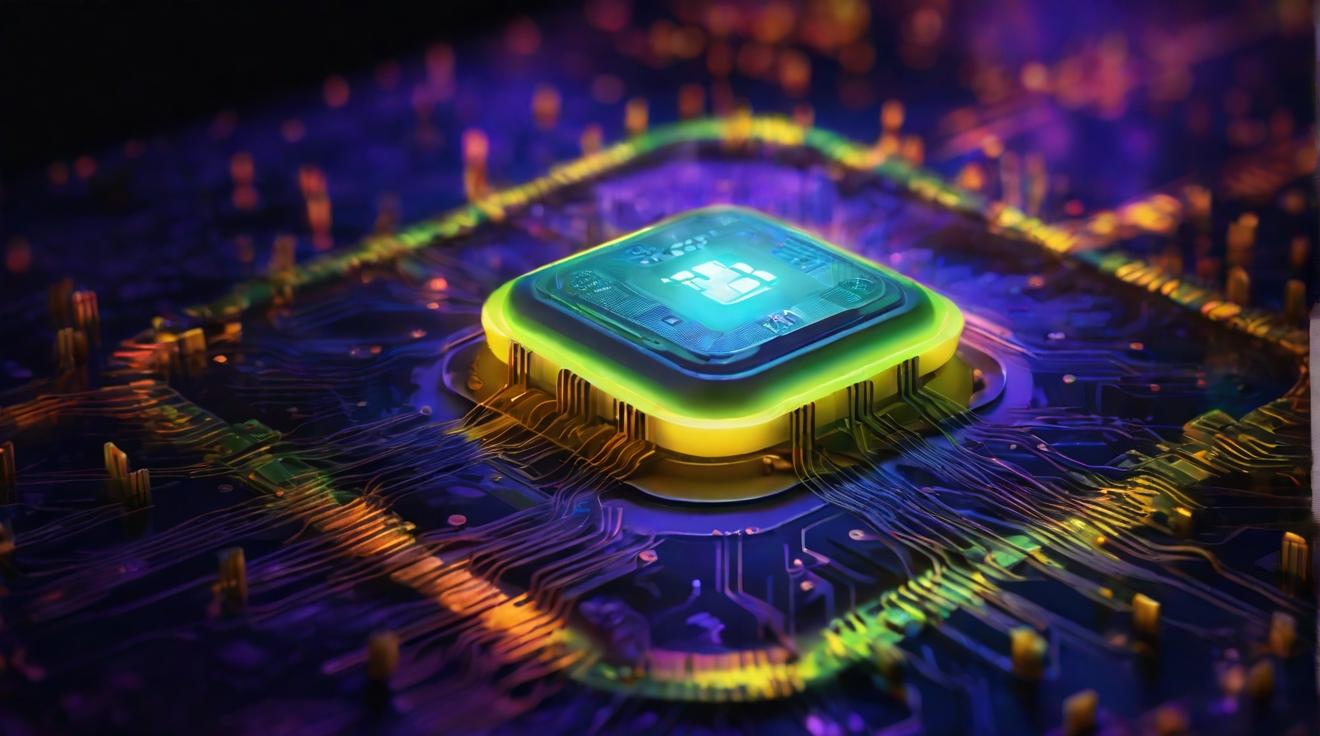OpenAI CEO Sam Altman Seeks Government Approval for AI Chip Manufacturing Initiative
OpenAI CEO Sam Altman is reportedly seeking approval from the U.S. government for a groundbreaking initiative aimed at enhancing the global manufacturing of artificial intelligence (AI) chips. This bold venture has the potential to raise both national security and antitrust concerns in Washington, marking a significant development in the AI landscape.
Engaging with Potential Investors and Partners
Altman has been actively engaging with potential investors and partners in the United States, Middle East, and Asia. However, he has emphasized the importance of obtaining approval from Washington before proceeding further. Altman has held crucial meetings with key officials, including Commerce Secretary Gina Raimondo, to discuss his plan to expand the world's capacity to manufacture AI computing chips.
Potential Partners for Altman's Initiative
Among the potential partners for Altman's initiative are major chip fabricating companies such as Taiwan Semiconductor Manufacturing Company (TSMC), Intel, and Samsung Electronics. Altman has already met with executives from Samsung and TSMC, and has also been in discussions with Middle Eastern sovereign wealth funds regarding potential investments. Collaboration with these industry leaders would fuel the success of Altman's venture.
Collaboration with the U.S. Government
Altman is making significant efforts to collaborate with the U.S. government on matters of approvals, timing, and the overall structure of the venture. OpenAI has been engaging in discussions about enhancing global infrastructure and supply chains necessary for AI and other industries, including chips, energy, and data centers.
National Security Review and Potential Challenges
However, Altman's fundraising endeavors may trigger a national security review of foreign investments by a committee chaired by the Treasury Department. Additionally, the Commerce Department's controls on chip shipments to the Middle East could pose significant challenges. These factors add complexity to Altman's ambitious plan.
Evolving Strategy and Market Monitoring
Altman's specific plan is still evolving, and he is closely monitoring the market to determine the most viable approach. He must decide whether to focus on a less extensive effort to build lower-level chips and software or aim for a larger overhaul of chip manufacturing capacity, which would require significant funding.
Green Energy and Increased Costs
As part of his comprehensive strategy, Altman is exploring ways to increase the supply of green energy for AI chip manufacturing. While this would be a positive step towards sustainability, it could potentially escalate costs for the initiative, presenting an additional hurdle to overcome.
Tremendous Funding Potential
It has been reported that Altman's efforts to combat the scarcity of AI chips could require raising between $5 trillion and $7 trillion. These figures would surpass the projected value of the current global semiconductor market, which is expected to reach $1 trillion by the end of the decade.
Addressing the AI Chip Shortage
The scarcity of graphics processing units (GPUs) essential for running AI applications has been a pressing concern for OpenAI. With Nvidia currently dominating the market with a global market share of over 80%, Altman's initiative could significantly alleviate this shortage while promoting healthy competition.
In summary, OpenAI CEO Sam Altman's ambitious quest to obtain government approval for his AI chip manufacturing initiative marks a significant chapter in the realm of AI technology. Altman's strategic engagements, potential partnerships, and emphasis on collaboration with the U.S. government highlight the importance of this venture. As Altman's plan continues to evolve, it remains to be seen how it will shape the future of AI chip manufacturing and the overall landscape of the global semiconductor market.
Analyst comment
Positive news: OpenAI CEO Sam Altman is seeking approval from the U.S. government for an initiative to enhance global AI chip manufacturing, engaging potential investors and partners.
Market impact: If approved, the initiative could lead to a significant increase in AI chip manufacturing capacity and potentially reduce the scarcity of AI chips. This would likely drive growth in the semiconductor industry and create opportunities for chip fabricating companies like Intel, Samsung, and TSMC.













